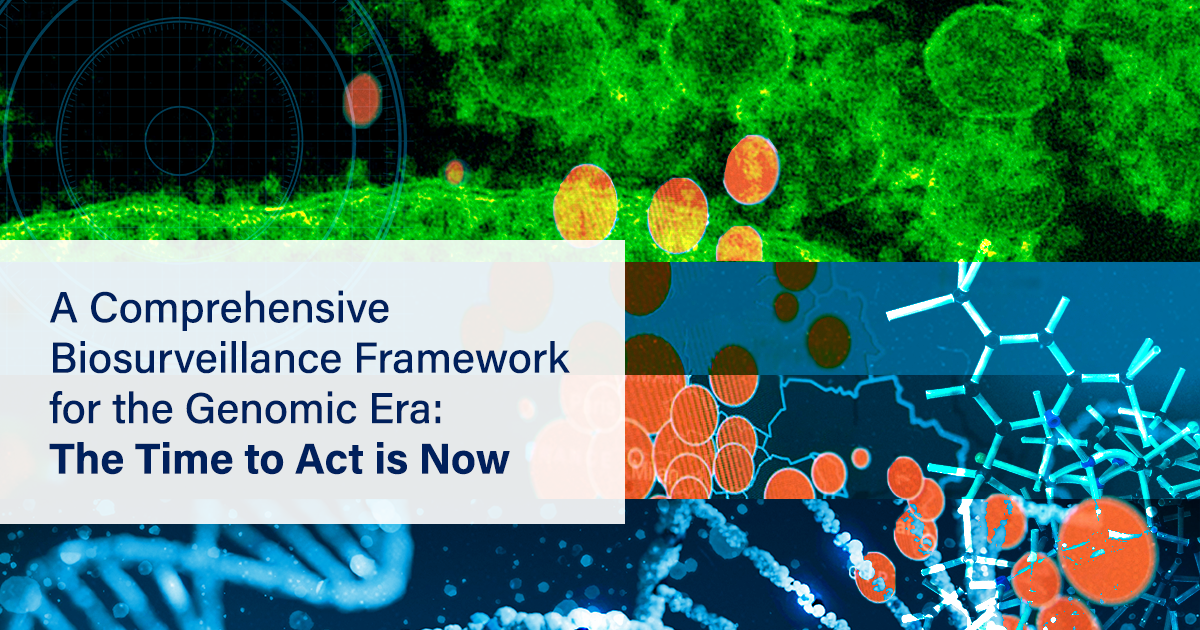summary
Nearly four years since the onset of the Covid-19 pandemic, there is still no proactive global system in place to detect and respond swiftly to new biological threats, despite pledges by countries around the world to improve preparedness. Governments were caught off guard by the emerging virus early in the pandemic, and even after it spread widely, global coordination continued to suffer because of a reluctance to share vital public health data.
While the world has shifted away from active emergency responses to Covid-19, the realization that biological threats are a national security concern has reshaped government priorities, as evidenced among advanced economies by the US Biodefense Strategy
1 and the UK Biothreats Radar.
2 At the same time, a push to improve public health infrastructure and coordination has spurred negotiations on a World Health Organization (WHO) Pandemic Treaty—an agreement that would bind member states to globally coordinated pandemic prevention, preparedness, and response measures—and increased efforts to incorporate advanced diagnostics in early pathogen detection in countries at all levels of development.
The disruptive nature of biological threats necessitates a comprehensive approach including early detection and response: a robust biosurveillance system monitoring various data sources to promptly alert healthcare providers and policymakers of any threats. Such a system would combine passive and active surveillance in real time. Passive surveillance involves testing samples from patients to identify the cause of a specific outbreak but is limited to identifying threats after they have caused illness; active surveillance monitors the environment for potential biological threats, raising the chances of detecting outbreaks earlier.
A growing number of countries are developing national biosurveillance programs, and most elements of these programs currently exist, but full implementation has not been realized. A comprehensive program connecting and coordinating these activities—one that leverages the symbiotic relationship between the public and private sectors—can enhance collective resilience.
The world must adopt a global biosurveillance framework that builds upon four principles.
Download the full report below.
1. National Biodefense Strategy and Implementation Plan: For countering biological threats, enhancing pandemic preparedness, and achieving global health security, October 2022 ↩
2. UK Biological Security Strategy, 2023↩

